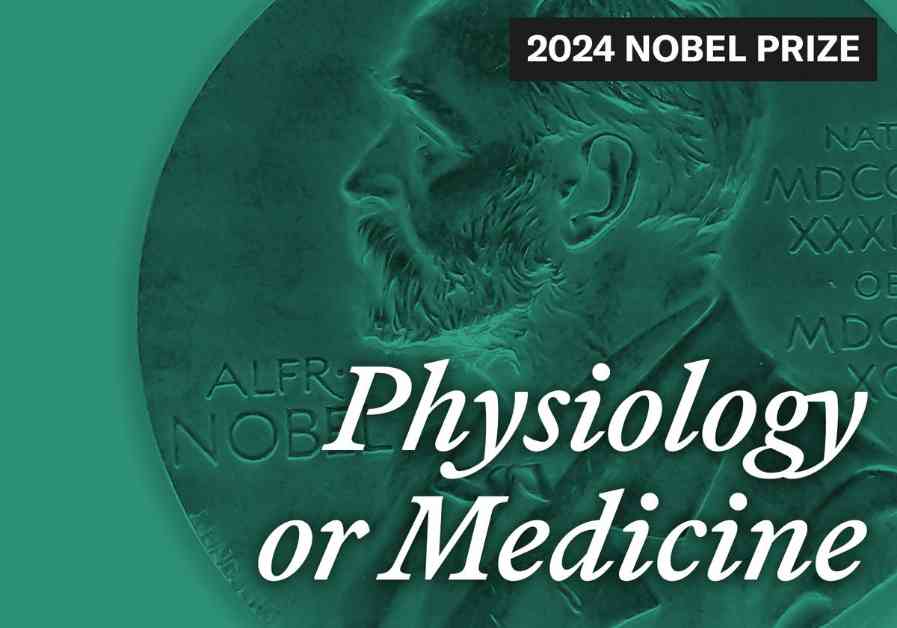Every cell in our body contains the same genetic instructions, known as DNA. However, not all genes are expressed in each cell, leading to the production of specific proteins that carry out unique functions within the cell. Recently, the 2024 Nobel Prize in Physiology or Medicine was awarded to Victor Ambros and Gary Ruvkun, two U.S. scientists who discovered microRNA, a molecule that plays a crucial role in regulating gene expression.
This groundbreaking discovery has shed light on a new mechanism of gene regulation, explaining how different cells produce functional proteins from the vast genetic instructions stored in DNA. Initially, the research was conducted in a tiny worm called Caenorhabditis elegans, but it has since been found that this mechanism is present in the genes of humans and most other animals.
Ambros conducted his research at Harvard University and is currently a professor at the University of Massachusetts Medical School. On the other hand, Ruvkun carried out his research at Massachusetts General Hospital and Harvard Medical School, where he now serves as a professor of genetics.
The discovery of microRNA has introduced a new and unexpected pathway of gene regulation, as stated by Olle Kämpe, vice chair of the Nobel Committee for Physiology or Medicine 2024. This mechanism involves the binding of microRNA to messenger RNA (mRNA), preventing the translation of certain genes into proteins. Understanding this process is crucial as disruptions in gene regulation can lead to various health conditions such as cancer, diabetes, and autoimmune diseases.
In the past, scientists believed that gene regulation was primarily controlled by transcription factors that bind to genes and regulate mRNA production. However, the discovery of microRNA by Ambros and Ruvkun revealed a more complex and intricate system of gene regulation. This mechanism was first observed in the mutant genetic forms of C. elegans, specifically the lin-4 and lin-14 genes, which influenced the development of the worm.
Further research by Ambros and Ruvkun uncovered the role of microRNA in blocking the translation of specific genes into proteins, highlighting a novel mechanism of gene regulation. This discovery has significant implications for understanding how genes are controlled in various organisms, including humans.
Moreover, the identification of multiple microRNA genes in humans suggests that these molecules play a crucial role in regulating gene expression across different species. The disruption of microRNA networks has been linked to the development and progression of cancer, offering new possibilities for targeted treatments.
The work of Ambros and Ruvkun exemplifies the power of scientific curiosity and the potential for unexpected discoveries in the field of genetics. By unraveling the secrets of microRNA gene regulation, these researchers have paved the way for future studies on gene expression and its impact on human health.




